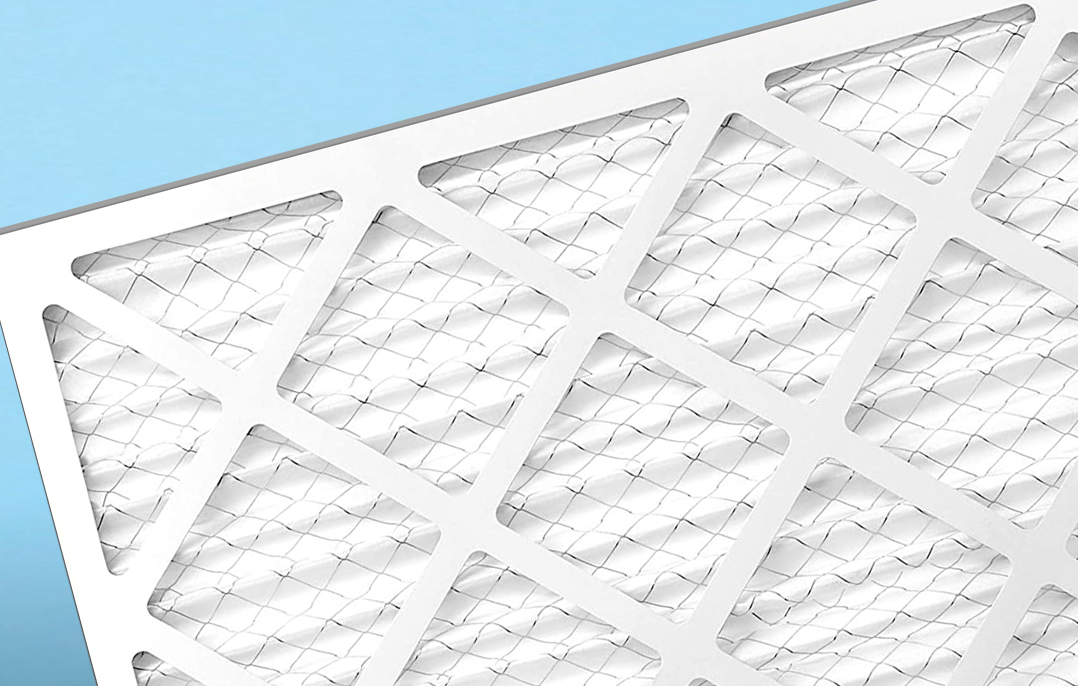Introduction
In the realm of HVAC filters, MERV ratings play a crucial role in determining their effectiveness. A key component of HVAC systems is the air filter, which traps dust, pollen, and other airborne particles, improving indoor air quality and protecting the system from damage. One of the primary factors to consider when choosing an air filter is its MERV rating. From understanding their importance to decoding the numbers and choosing the right filter for specific needs, this comprehensive exploration aims to empower homeowners in optimizing air quality and HVAC efficiency.
Understanding MERV Ratings and Their Importance
MERV ratings are a standard that measures the overall effectiveness of air filters. The higher the MERV rating, the finer the filtration, meaning more and smaller particles are trapped by the filter. MERV ratings are crucial as they directly impact the air quality of your indoor environment and the efficiency of your HVAC system. A filter with a higher MERV rating will trap more contaminants, leading to cleaner air, but it may also require your HVAC system to work harder, potentially affecting its efficiency and lifespan.
What MERV Rating Numbers Mean
MERV ratings range from 1 to 20. Filters with a MERV rating between 1 and 4 provide minimal filtration, those with a rating between 5 and 8 provide good filtration, and those with a rating between 9 and 12 provide superior filtration. Filters with a MERV rating between 13 and 16 provide the highest level of filtration commonly used in residential settings, while those with a rating between 17 and 20 are typically used in surgical or cleanroom environments.
Choosing the Right MERV Rating
Choosing the right MERV rating depends on your specific needs and circumstances. If you have allergies or respiratory conditions, or if you have pets, you might benefit from a filter with a higher MERV rating such as MERV 13. However, keep in mind that filters with higher MERV ratings need to be replaced more frequently, and they can cause your HVAC system to work harder, potentially increasing energy costs. It’s important to strike a balance between air quality and system efficiency.
Impact of MERV Ratings on Air Quality and HVAC Efficiency
A filter with a higher MERV rating can significantly improve indoor air quality by trapping more and smaller particles. This can be particularly beneficial for people with allergies or respiratory conditions. However, because these filters are denser, they can also restrict airflow, causing your HVAC system to work harder. This can potentially lead to higher energy costs and wear and tear on your system. Therefore, it’s important to choose a filter with a MERV rating that balances air quality and energy efficiency.
Special Considerations: Allergies, Pets, and More
If you have allergies, respiratory conditions, or pets, you might need a filter with a higher MERV rating to improve indoor air quality. However, these filters can restrict airflow and may require your HVAC system to work harder. If you’re unsure about the best filter for your needs, consider consulting with a professional air filters supplier.
Making an Informed Decision for Your HVAC Needs
Choosing the right air filter is an important decision that can impact your indoor air quality, HVAC system efficiency, and energy costs. By understanding MERV ratings and considering your specific needs, you can make an informed decision that balances air quality and system efficiency. Remember, regular filter replacement is just as important as choosing the right filter. A clean filter will perform better and last longer, providing you with cleaner air and a more efficient system.
Conclusion
Understanding MERV ratings is crucial in selecting the ideal HVAC filter for your needs. By considering your specific needs, consulting with professionals from Custom Filters Direct, and regularly replacing your filters, you can maintain a healthy and comfortable indoor environment, prolong the lifespan of your HVAC system, and save on energy costs. Remember, a well-maintained HVAC system is not just about comfort; it’s also about health and savings.
